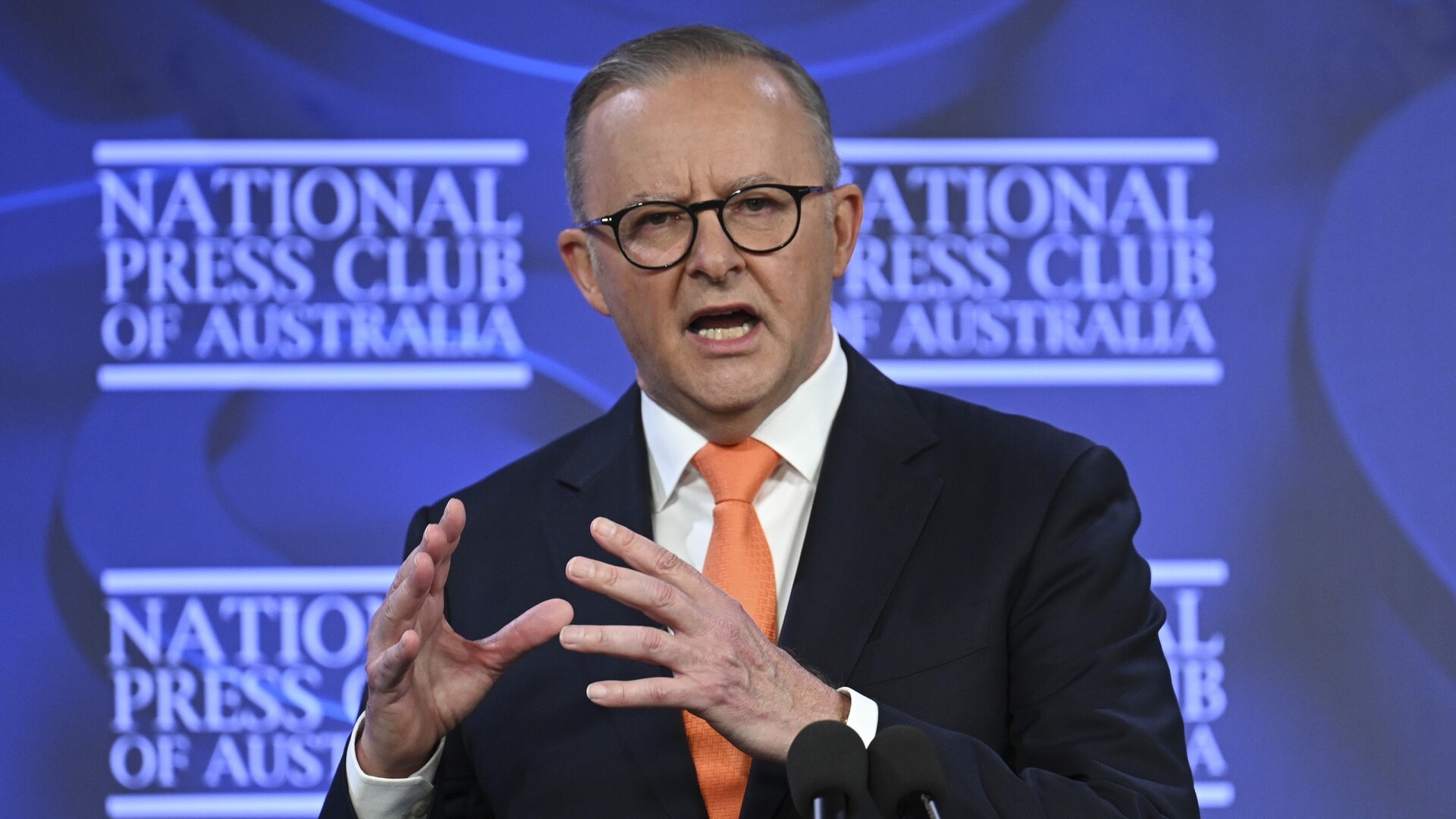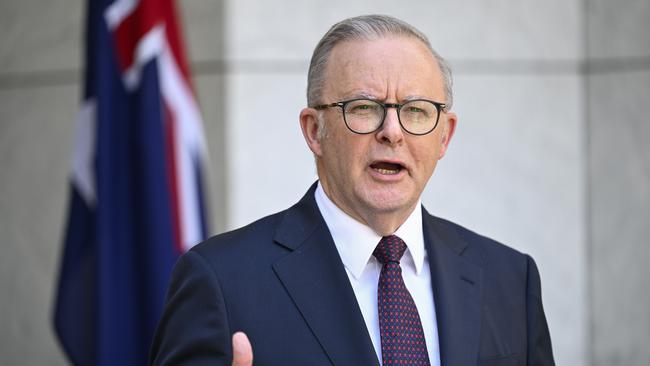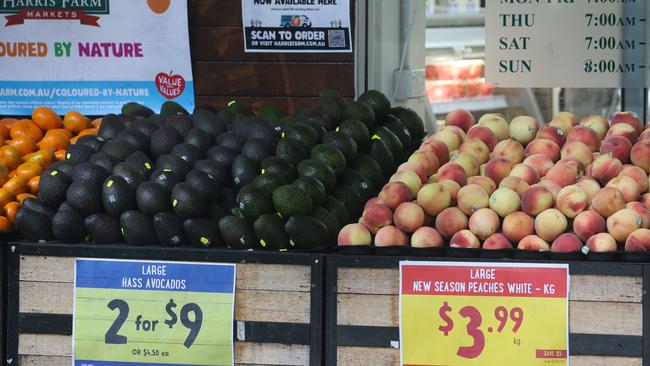PM to lock essential groceries in remote Australia to city prices
Australians in remote communities are paying more than twice as much for essential grocery items when compared to those in major cities.

Anthony Albanese will on Monday vow to ensure Australians in remote communities pay the same as their city-living counterparts for essential products.
The Prime Minister will use his Closing the Gap statement to detail his plan to lock prices for 30 essential items in some 76 remote stores to city prices.
The action comes after consumer advocacy group Choice found remote First Nations communities across Western Australia and the Northern Territory often pay more than double for groceries compared to major cities.
Mr Albanese will also commit to increasing warehouse capacity in a bid to fortify supply chains.

“We are also tackling issues of access to affordable food in remote communities,” Mr Albanese will say, according to the ABC.
“Food insecurity can have serious health impacts, including cardiovascular and kidney disease.”
Among items deemed essential are flour, milk, canned tuna, rice, bread, beef, chicken, eggs, some fresh produce, toilet paper, nappies, toothbrushes and toothpaste and menstrual products, the national broadcaster reported.
In November, Choice revealed a list of nine “essential” items cost a whopping $99.38 across four First Nations communities in Western Australia’s Great Sandy Desert and the Pilbara, and the Northern Territories’s West Daly region and Tiwi Islands.
This is compared to just $44.70 in Woolworths, Coles, Aldi and IGA in all capital cities.
In 2020, the price of a pack of frozen lamb loin chops in Palm Island – a remote Indigenous community in far north Queensland – sparked national outrage.
The chops were slapped with $82.27 price tag.
At the time, it was almost double the average price of lamb chops.

Last week, the Albanese government inked an $842.5m deal aimed at bolstering service delivery for Indigenous communities in the remote Northern Territory.
The record federal funding will be delivered over six years and create some 570 jobs, including more than 270 jobs for First Nations Territorians.
Labor has prioritised making progress on Closing the Gap targets since coming to power.
The targets consist of 17 socio-economic goals aimed at improving outcomes for Indigenous Australians in key areas, including health, safety and housing.
Most of the targets are due in 2031, but only a handful have had any meaningful progress.
The targets have also chopped and changed since their earliest iteration in 2008.
Originally published as PM to lock essential groceries in remote Australia to city prices

